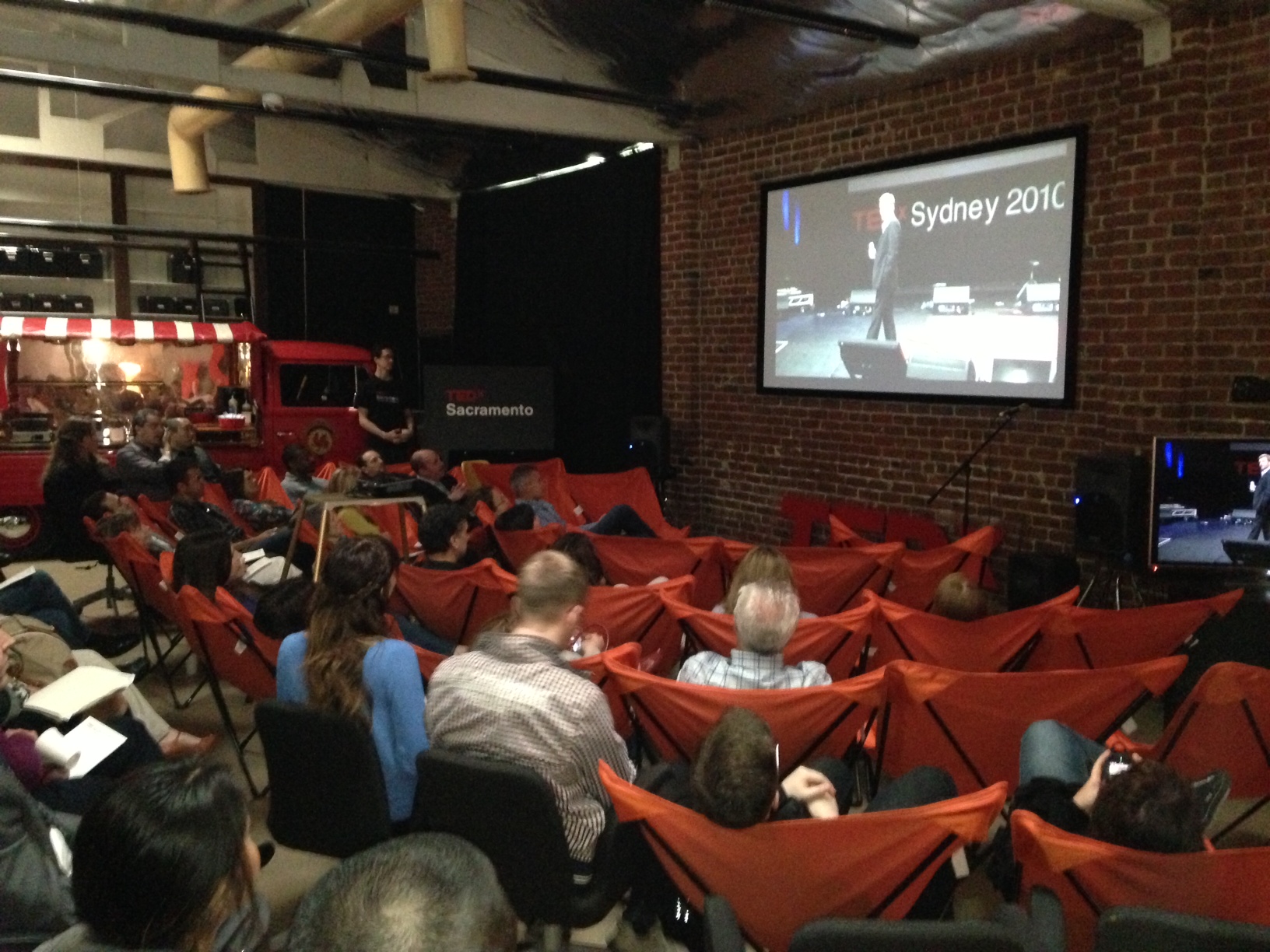Sandberg, a prolific superstar in the corporate world, is among the few females to reach the top of her profession. Yet, despite her personal successes, especially as the COO of Facebook, at TEDWomen 2010 and then again at TEDWomen 2013, she discussed why she is concerned about the lack of female leadership in the 21st century.
Just as my grandmother turned to The Feminine Mystic, women of the 21st century are leaning in to listen to and read about what Sandberg has to say in her recent TED talks and book entitled Lean In: Women, Work and the Will to Lead.
I think women should consider what Sandberg has to say in her TEDWomen 2010 and then again at TEDWomen 2013 talks about women, work and leadership, for the following reasons:
Despite being one of the few female executives of a Fortune 500 company, and thus having a different career and income compared to most women, Sandberg is able to make her personal and professional experiences relatable to her audience.
Through the art of storytelling, Sandberg is able to emphasize that women are not alone in their struggles, celebrations and challenges while building a career and finding personal fulfillment.
Sandberg brings to light statistical evidence that is hard to dispute suggesting that women are not achieving at the same level as their male counterparts, including:
Among the 190 heads of states in the world, only nine are women.
In the corporate world, women make up 16% of CEOs, COOs and other top leadership positions; Sandberg is one of them.
In the non-profit world, men also dominate top-level positions as well. Women account for 20% of its leadership.
Such numbers are hard to swallow because there are now more female than male college graduates. Women are not advancing to the top of their professions despite more educational opportunities, nor are they receiving the income that they deserve. Sandberg points out that even women’s and men’s pay are not equal; women make 77 cents to the male dollar.
Sandberg uses her own stories, the stories of others and statistical evidence to not only support her argument that equality for women has not been achieved, but also to challenge her viewers and readers to take individual action.
She asks her listeners, “How are we going to fix this?” She does not leave them empty handed, rather providing readers with tools, including:
Do not be afraid to sit at the table with your colleagues (both male and female).
Always negotiate for the salary that you think you deserve and attribute your success to yourself.
Make your partner a real partner. Whether you are married or dating, you need to be selective when choosing your interpersonal relationships because this person has a huge role in whether you will achieve your goals, especially if you want to have both children and a career.
Women, even with a job outside of the home, are statistically more likely to do more housework and child rearing duties compared to male members of their family.
Don’t leave before you leave. Sandberg explains this statement as an encouragement to invest in the now; invest in your career, even if you want to take time off to have children or work from home in the future.
She encourages all women to focus on the present and invest in their careers until the actual day comes to take a break for their families.
Sandberg redefines feminism.
In recent decades, the word feminism has adapted a negative connotation. Images that come to mind are overzealous women who reject all feminine aspects of American culture, such as bras and the color pink.
This has led many women to perceive that if they talk about being a woman, others will think that they are seeking special treatment.
Sandberg challenges these stereotypes and refines a feminist as someone, man or woman, who strives for equal treatment, not special treatment, for women.

































